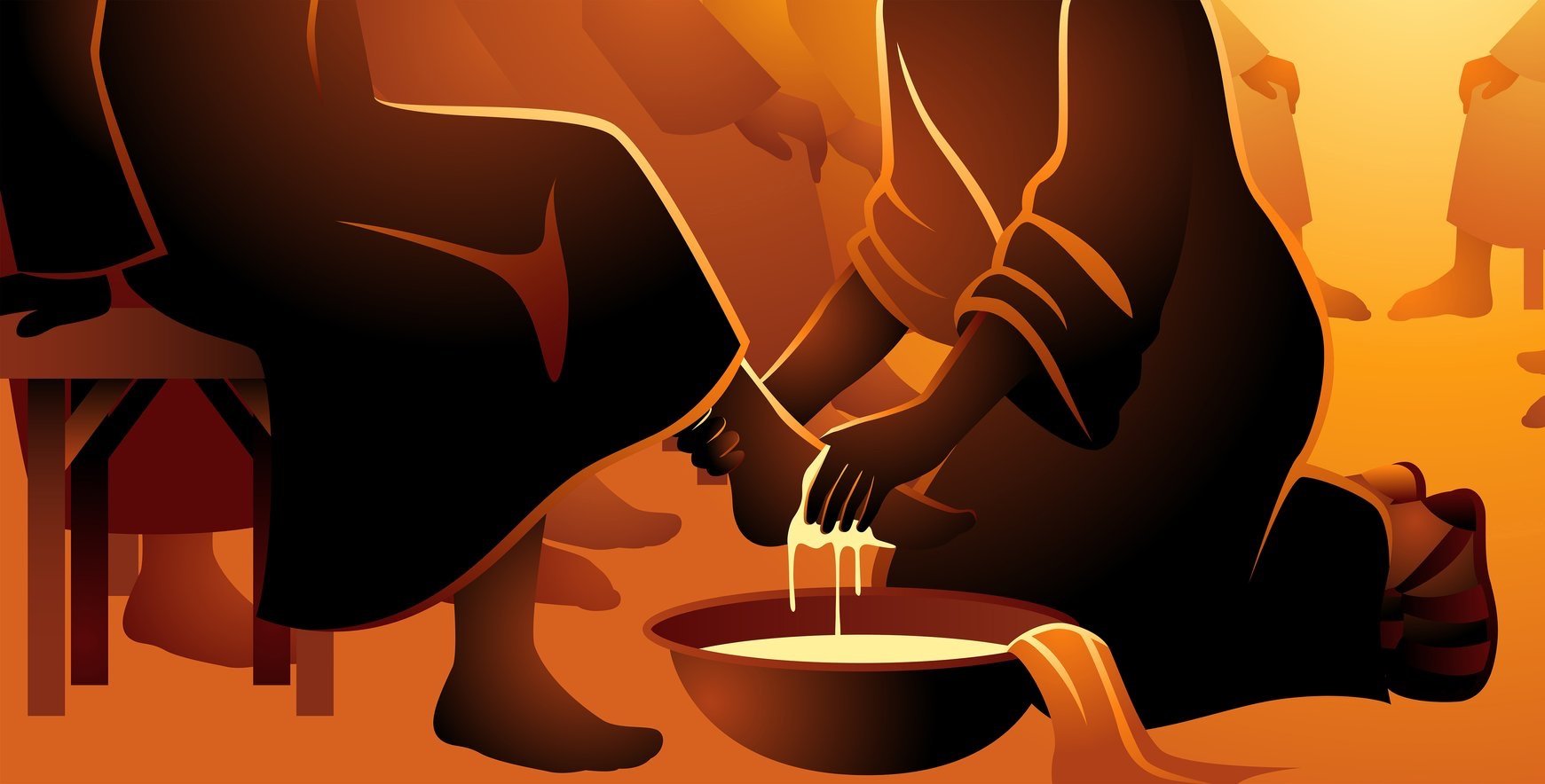Our serving Saviour
(iStockphoto.com)
I’ve known Philippians 2 since I was a tiny human. Familiar and quotable, Christ “humbled himself by becoming obedient to death” and was triumphantly exalted “to the highest place” (vv. 8–9). You’d think my eyes would skim over these verses by now with half-hearted enthusiasm. And yes, sometimes they do, apart from God’s grace that opens my eyes to “see wonderful things in [his] law” (Psalm 119:18). As I’ve contemplated more frequently the reality of my helpless state and his majestic glory, this passage increasingly offers a deeper appreciation of salvation.
I recently read through the book of Exodus with my children. While I read about the Ark of the Covenant, I remembered the splendour of the Holy God who descended with thunder and lightning, causing the people to fear for their lives (Exodus 20:18–19). How shocking then when God says, “There, above the cover between the two cherubim that are over the ark of the covenant law, I will meet with you and give you all my commands for the Israelites” (Exodus 25:22).
The Creator of all things chose to be with the Israelites. “They will know that I am the Lord their God, who brought them out of Egypt so that I might dwell among them” (Exodus 29:46). Yet a veil separated, and sacrifices reminded that he was to be reverenced and obeyed. Or what about Psalm 99:1–3? “The Lord reigns, let the nations tremble; he sits enthroned between the cherubim, let the earth shake. Great is the Lord in Zion; he is exalted over all the nations. Let them praise your great and awesome name—he is holy.”
Now consider Philippians 2 about Jesus: “Who, being in very nature God, did not consider equality with God something to be used to his own advantage; rather, he made himself nothing by taking the very nature of a servant, being made in human likeness.” God descended to redeem his people, claiming them as his own. Christ, among his creation, washing their feet and offering his body as the sacrifice once for all.
God descended to redeem his people, claiming them as his own. Christ, among his creation, washing their feet and offering his body as the sacrifice once for all.
Yet lately, I’ve been overwhelmed with a verse outside the famous Philippians 2 passage. Jesus, while on earth, spoke about a master with waiting servants. “It will be good for those servants whose master finds them watching when he comes. Truly I tell you, he will dress himself to serve, will have them recline at the table and will come and wait on them” (Luke 12:37). The magnificence of this statement uttered from the Saviour’s lips astonishes me. I am eagerly waiting for the day that I will worship him in perfection when “every knee should bow … and every tongue acknowledge that Jesus Christ is Lord, to the glory of God the Father.” Even in his glorious presence, the One who is our righteousness will again serve his beloved! Charles Spurgeon considered these “one of the most remarkable of our Lord’s utterances while he was here upon the earth … if we truly serve him, the day shall come when in all his robes of glory, he shall gird himself and serve us” (Spurgeon’s Verse Expositions of the Bible).
Does that not stir your heart to love him more?! To forsake the simple pastimes of docile living and serve him with unquenchable joy? J. C. Ryle said, “The man who does well for himself is the man who gives up everything for Christ’s sake. He makes the best of bargains. He carries the cross for a few years in this world, and in the world to come has everlasting life” (Matthew: A Crossway Classic Commentary). I can think of no greater motive for loving Christ with all my heart, soul, and mind than his loving us first and forever!

